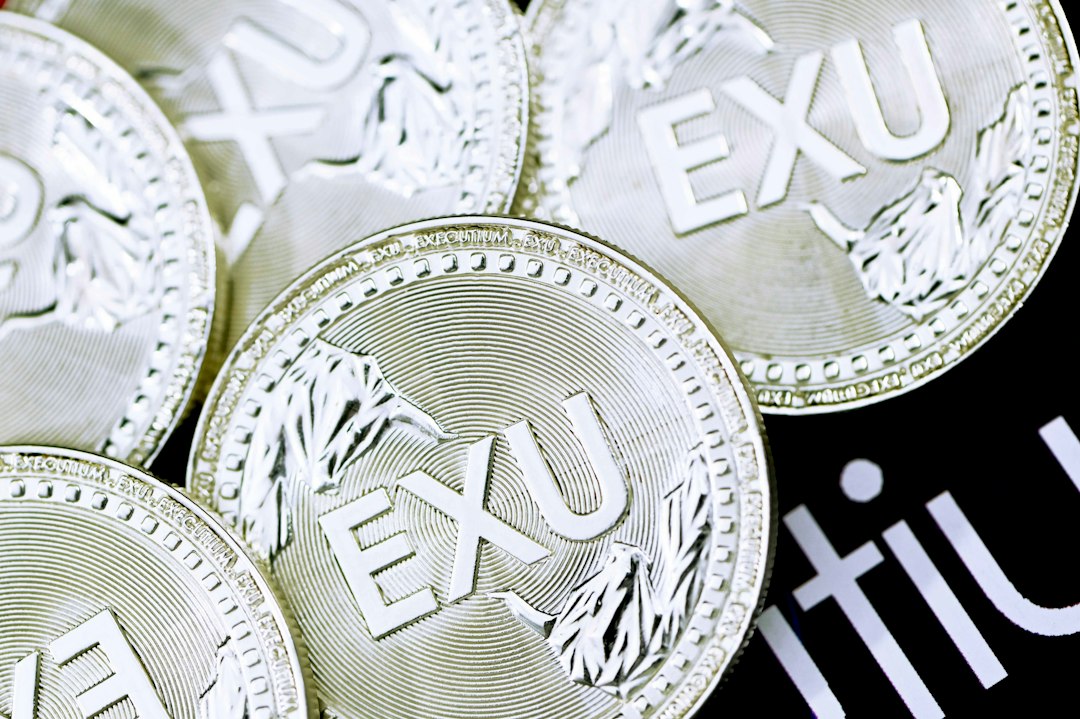The Threat of Sandwich Attacks: Ethereum Foundation Exploit Highlights MEV Bot Menace
The recent exploit faced by the Ethereum Foundation on the decentralized finance (DeFi) platform Uniswap V3 casts a spotlight on the burgeoning issue of Sandwich attacks orchestrated by MEV (Miner Extractable Value) Bots within the blockchain and cryptocurrency domain. According to data unveiled by EigenPhi and shared by WuBlockchain, the Ethereum Foundation attempted to sell 1,700 ETH on Uniswap V3 but fell victim to an MEV Bot, resulting in a loss of $9,101. Meanwhile, the MEV Bot made a profit of $4,060 after deducting costs. This incident highlights the urgent need for strengthened security measures to prevent such financial predations in the future.
Exploit Details and Post-Transaction Assets
The transaction conducted by the Ethereum Foundation on Uniswap V3 involved 2.738 million USDC. Following the transaction, their holdings included 240.68 ETH, 3.238 million USDC, 49,700 DAI, and 10,000 ARB, with a collective value of $3.687 million. EigenPhi has documented the illicit activity and provides detailed information on their website, while Arkham Intelligence’s platform offers further specifics about the Ethereum Foundation’s assets post-transaction.
Understanding Sandwich Attacks
A “Sandwich attack” refers to a malicious activity in which an actor strategically places buy and sell orders around a victim’s transaction. This manipulation temporarily alters the asset’s price in favor of the attacker, allowing them to buy low and sell high within a short timeframe. This results in a profit for the attacker at the expense of the victim. The term “Sandwich” originates from the attacker’s orders surrounding or “sandwiching” the victim’s transaction.
The Urgent Need for Enhanced Security Measures
The exploit faced by the Ethereum Foundation highlights the ongoing threat posed by MEV exploits to decentralized exchanges and the broader DeFi ecosystem. It underscores the need for enhanced security protocols to mitigate risks associated with MEV attacks and create a more secure transaction environment for all participants. The rising prevalence of MEV exploits and resulting financial losses necessitate the implementation of robust security measures to safeguard against malicious activities in the blockchain space.
Hot Take: Strengthening Security in DeFi
The recent Sandwich attack on Uniswap V3 serves as a wake-up call for the cryptocurrency community, emphasizing the vulnerabilities present in decentralized finance platforms. As DeFi continues to grow, so does the risk of exploitations by malicious actors. To ensure a secure and trustworthy ecosystem, it is crucial for developers, exchanges, and users to prioritize robust security measures. This includes implementing advanced monitoring systems, enhancing smart contract audits, and fostering collaboration within the industry to stay one step ahead of potential threats. By fortifying security practices, we can create a safer environment that inspires confidence and accelerates the adoption of decentralized finance.





 By
By

 By
By
 By
By
 By
By
 By
By